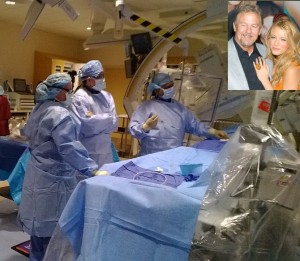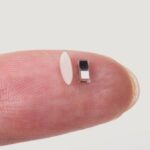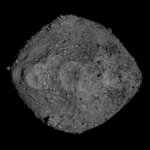December 2, 2013 – Two cardiothoracic surgeons at University of Utah Health Care have teamed up to deliver stem cells to a damaged heart in what is described as retrograde heart therapy. The procedure is performed through a catheter and therefore is minimally invasive. It involves injecting stem cells directly into a patient’s heart to improve its function.
The first clinical trial is underway headed up by Dr. Amit Patel, Director of Clinical Regenerative Medicine and Tissue Engineering, and his associate Dr. Craig Selzman. For the 6 million humans living with heart failure this new therapy may eliminate the need for transplants and more invasive surgical procedures.
The procedure which goes by the name of Athena, is done on an outpatient basis and involves the use of a cardiac catheter which delivers an infusion of human DNA, called SDF-1, directly to the site within the heart or a coronary artery where the problem exists. SDF-1 stands for stromal cell-derived factor-1, a chemokine (a signaling protein that cells secrete) that has significant therapeutic value in tissue engineering. When a body sustains an injury the damaged cells emit the chemokine to attract the mechanisms within the body to do self-repair. The Utah team in injecting SDF-1 to a heart-damaged area are inducing within the body a super-response acting as a homing beacon for the body’s own restorative mechanisms.
The first successful procedure, performed on Ernie Lively (seen in inset image below), an actor known for his appearances in several films, occurred on November 7. Lively is recovering very well according to the Utah team who have 72 other patients in the wings waiting for the procedure.
You can watch the procedure on YouTube. It doesn’t look like much but it may usher in a new age for treatment of many types of heart disease.













[…] …… more at […]